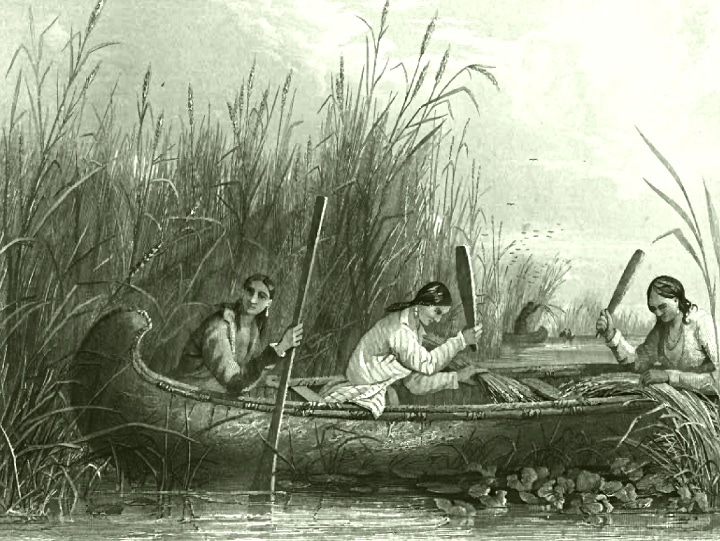The celebration of the Puritans’ first Thanksgiving with the Wampanoag Indians, as a result of its status as an official national holiday, has become a time honored tradition for most Americans. While the focus of most Thanksgiving celebrations is to enjoy food and the company of loved ones, few recognize the holiday is a contemporary incarnation of post-harvest festivals common across human history. Since the first hunter-gatherer turned their spear into a plow, humans from cultures across the world have almost universally held celebrations commemorating the conclusion of the fall harvest.

“There were certainly celebrations held around the time of the harvest because almost every culture in the world has them,” noted Kelli Mosteller, Ph.D., director of the Citizen Potawatomi Cultural Heritage Center. “You celebrate the successes of the year and feast to give thanks and bring people together as a way to signal that it was time to really prepare for winter.”
For societies like the Potawatomi, that could mean drying food to have over the winter months. Especially in the Great Lakes region, there would be snow on the ground for months at a time. One staple of the Potawatomi diet prior to the removal era was wild rice, or mnomen, whose harvest was cause for celebration as the summer ended and autumn settled in. As described in an excellent film about the subject by the Gun Lake Potawatomi Tribe (imbedded below), a prophecy told by the Seven Grandfathers instructed the Potawatomi to migrate from the Saint Lawrence River to a place “where food grows on water.” When they arrived in the Great Lakes region and found the mnomen growing in the shallows of the waters there, they knew they were in their new home.
In a late 19th century report, Tusayan Migration Traditions, author Jesse Fewkes noted the mnomen ceremonies that were common amongst Eastern Woodland Indians. These celebrations typically took place after the fall harvest but before the winter hunt. His descriptions, though penned in the context of his time, could in some instances apply to modern day, American Thanksgiving traditions.
“The periods of the wild-rice (sic) harvest, as indeed of most opportunities for social gatherings, are gala days to the Indians. Social pastimes and religious ceremonies are strangely commingled,” wrote Fewkes.
According to Fewkes, the fall wild rice harvest was so important that the Ojibwa, Odawa and Potawatomi, as well as other regional tribes like the Sinouan Dakotas and Menomini, dedicated the name of a month in their respective languages to this necessary activity. The timing of what the Potawatomi called the Ricing Moon did not fall exactly in line with today’s late November American Thanksgiving, but was a late-summer celebration.
Commenting on the Ojibwa Indians about the Lake of the Woods in Canada, Fewkes described a ceremony in which “before commencing to gather the rice they make a feast, and not are allowed to gather the grain till after it. They thank the Master of Life for the crop, asking him to keep off all storms while they are harvesting.” While most Potawatomi across the U.S. will likely celebrate the holiday as any of their other fellow Americans, they can know that in doing so, they are keeping with a tradition that was similarly celebrated by their ancestors long before contact with Europeans.
